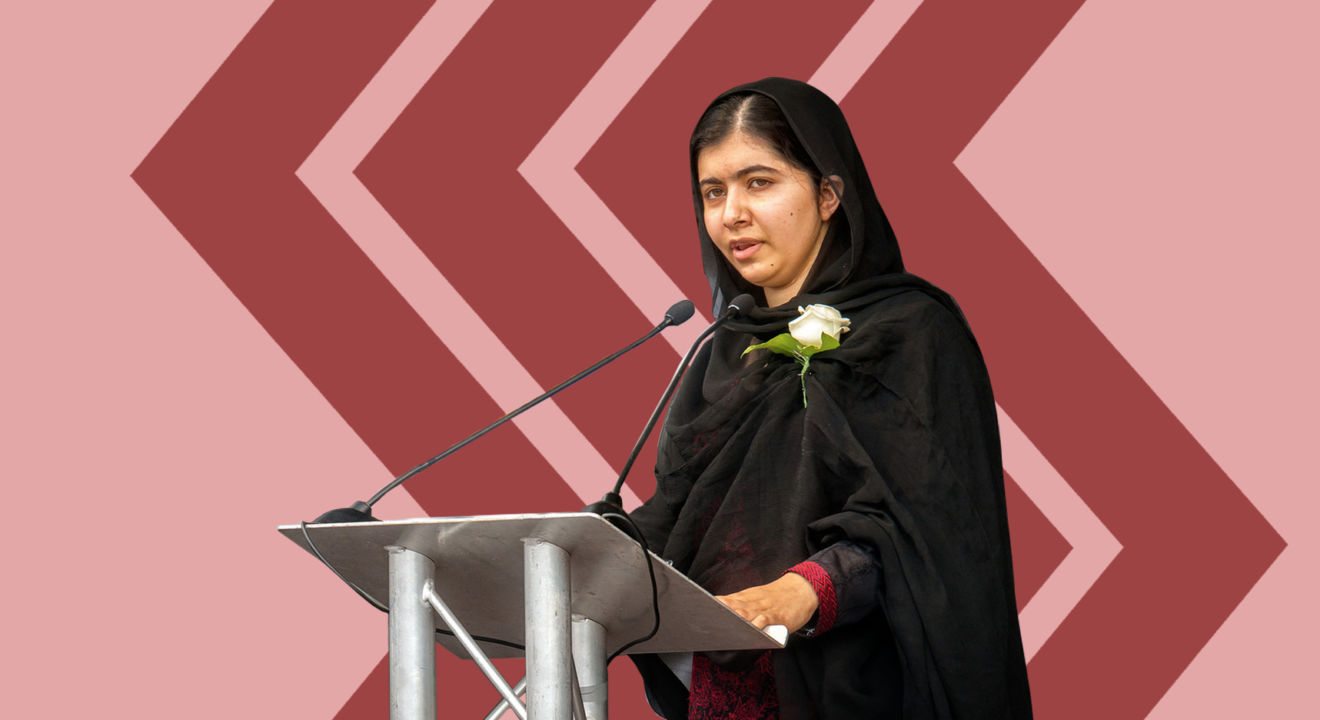Inspiration August 10, 2016


In 2013, Malala Yousafzai made headlines for being the woman who survived a shot to the head by the Taliban and had her father threatened by the terrorist organization in retaliation for her crusade for female education. Since then, she has advocated for the end of drone strikes and has achieved the title of the youngest Nobel laureate in the world. However, Yousafzai has faded from the front page as a tidal wave of other events has washed away her memory.
Despite what it may seem, winning the Nobel Peace Prize was not the apex of the then seventeen-year old’s career; rather, it was the catalyst for a lifelong dedication to women’s education, inclusion and human rights.
Two years following the release of her book “I Am Malala,” Yousafzai flew to New York to see the premiere of her biography, “He Named Me Malala” (2015) and to deliver an inspirational address to the United Nations. According to a 2007 United Nations report, 46 percent of Pakistani schools do not have desks for their children.
“Your dreams were too small,” she told the UN. “Your achievements are too small. Now it is time that you dream bigger.”
Following this speech, Malala was interviewed by the BBC in 2013 on her continued efforts and opinions regarding gender equality, education and women’s rights in Pakistan. That same year, she opened a school in Lebanon for Syrian refugee women.
Most recently, the nineteen-year-old spent her birthday at the world’s largest refugee camp, the Dadaab camp in Kenya. She surrounded herself with over 300,000 refugees who live in temporary, tent-like structures in a camp that Kenya plans to close by November. “As we all know, the camp is going to be closed soon, so I want to make sure that these girls don’t become a generation lost,” Yousafzai said. “I am here to speak for my unheard sisters of Somalia striving for education every day.”
Instead of celebrating her birthday with her friends, the folk hero spent her special day dedicating her time to others by continuing her fight for equality of the underserved.
Every day, even the days that go unreported, Malala Yousafzai strives for refugee education, women’s equality and representation for the people and cultures that are often forgotten.